Most cat owners are responsible people who want nothing more than the best for their cats and although others might still love and care for them, they take risks that can adversely affect their cat’s health and well-being. More and more people are choosing to become educated on proper pet ownership, but they often overlook the dangers of seemingly obvious risks. Here we’ll discuss the risks that many cat owners are still taking.
#1 – Lack of Permanent Identification
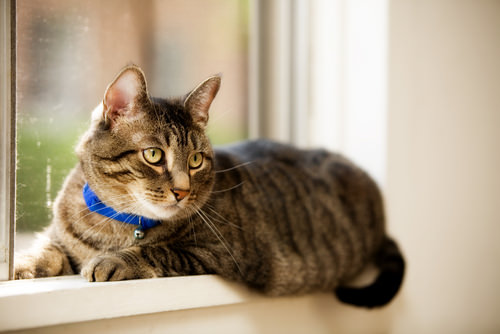
Currently, the only form of permanent identification for cats is a tattoo or microchip, with the microchip being the most common. But many cat owners are afraid to get a microchip for a variety of reasons. The biggest reasons is that they either feel it’s unnecessary because their cat has a collar and ID tag, or because it’s too painful a procedure. The truth is that collars and ID tags can and do come off and get lost and they can sometimes just be taken right off by someone trying to steal your pet. Microchips are not very painful and provide a lifetime of identification that every shelter and veterinarian knows to look for. If you want the best chance of finding your cat should they get lost, a microchip is your answer.
#2 – Allowing Your Cat Outdoors Unsupervised
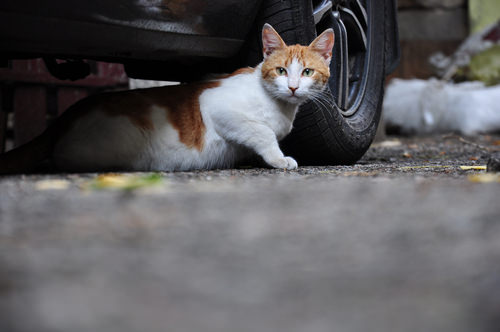
Cats have been outdoor pets for ages, but as our society changes and becomes more urban, the dangers of being an outdoor or indoor/outdoor cat increase. Not only are loose dogs a problem, but wildlife like coyotes are much closer to our backdoor than ever before. A hungry coyote will find a cat an easy dinner. Cats that aren’t used to urban sprawl or city life will also be at a higher risk for traffic incidents, although all cats can fall victim. Surviving being hit by a car is not a likely scenario for a cat and it’s best to prevent the possibility by keeping your cat inside.
#3 – Not Using Flea & Parasite Preventative
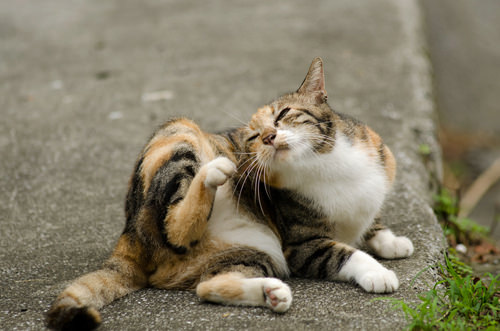
Fleas and other parasites like ticks and mites can infest cats very easily and owners should be using either traditional or more holistic methods of keeping these pesky infestations away. Not only do fleas and ticks carry disease, they can cause anemia and skin infections, making your cat very uncomfortable. Very bad flea, tick, or mite infestations will need veterinary care and strong pesticides.
#4 – Over-Vaccinating
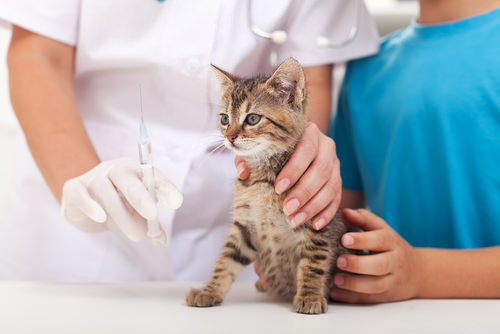
While all kittens and cats need to be vaccinated against potential diseases, the days of annual vaccinations are over. Many veterinarians recommend running titers to see if your cat is still protected from initial vaccinations, as too many vaccines can actually do more harm than good. Over-vaccination has been linked to allergies, cancers and autoimmune disorders that could be easily prevented by choosing when to give vaccines wisely.
#5 – Not Altering
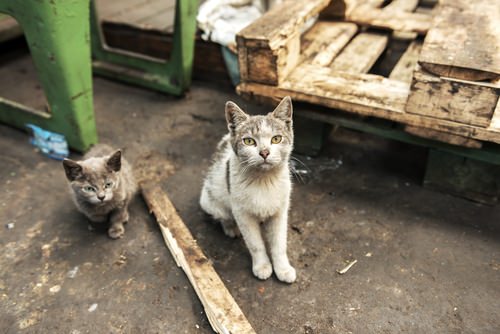
With so many free or discount spay and neuter clinics available, it really makes no sense why any cat owner would leave their pet intact unless they’re involved in showing and breeding a registered breed or their cat has a condition that brings a higher risk of adverse affects from the procedure. There are more stray cats than ever and shelters are too full to prevent humane euthanasia. Stray cats live dangerous lives at the hands of predators and cars and falling risk and increasing the amount of various disease that put all other cats at risk. Plus, the health benefits of spaying or neutering your cat, like a decreased risk for certain cancers, far outweigh the risks.

